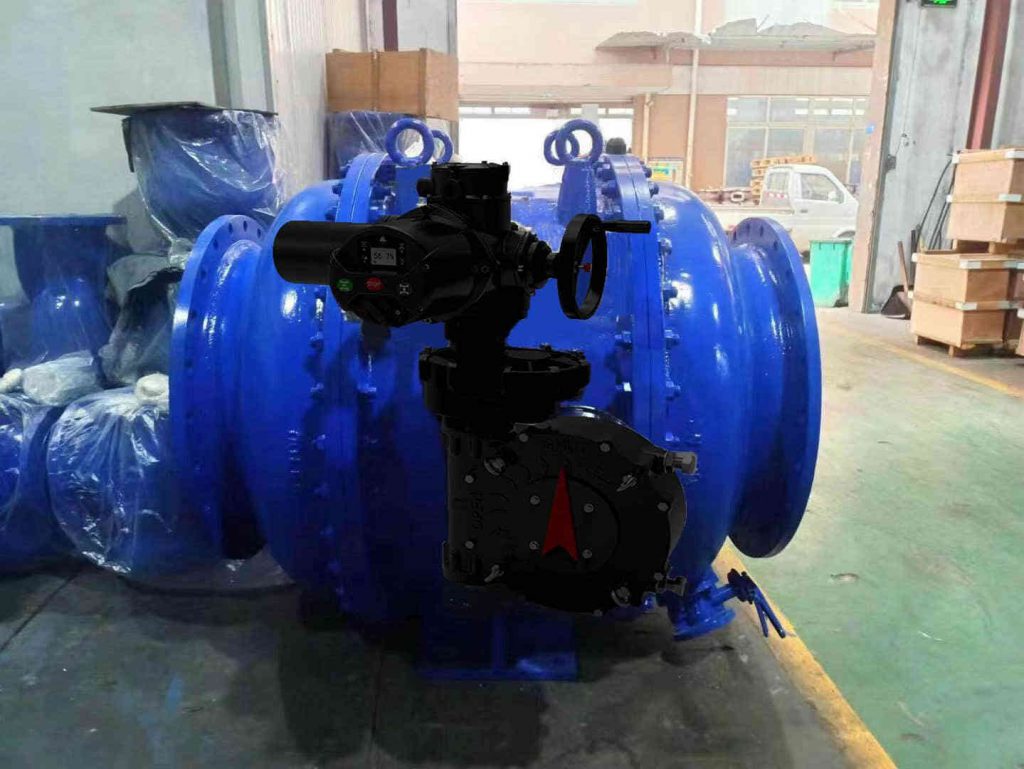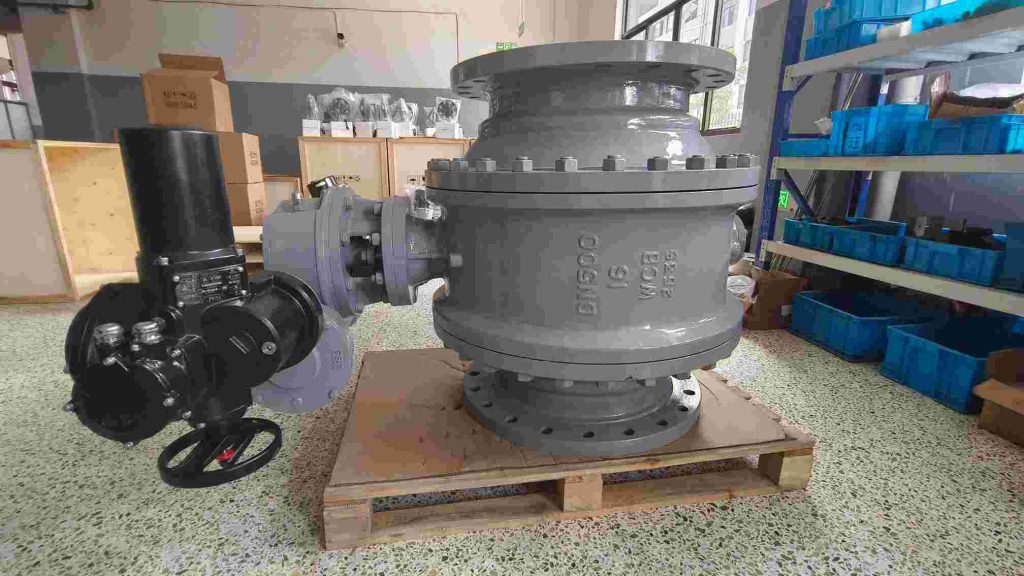In the ever-evolving world of technology, the phrase “Electric Warlord Manufacturer” represents an intriguing and futuristic concept. It envisions a manufacturer dedicated to producing not just advanced machines but also systems that can take charge of complex tasks, automate entire industries, and perhaps, dominate the technological landscape of the future. While this might sound like the plot of a science fiction novel, the reality of such companies is emerging in the form of high-tech manufacturing plants and innovative automation solutions. As artificial intelligence (AI), robotics, and electrification continue to advance, the role of manufacturers like Electric Warlord is becoming more crucial to shaping the industries of tomorrow.

An Electric Warlord Manufacturer could be understood as a producer of sophisticated machinery that integrates the latest advancements in electric power and autonomous decision-making systems. These systems might be designed to work independently, learn from their environment, and even engage in decision-making processes traditionally handled by human operators. The term “Electric Warlord” implies a machine with the power, capability, and intelligence to control and adapt to various operational scenarios, much like a warlord controls an army of resources and soldiers.

At the core of an Electric Warlord Manufacturer’s production is the electrification of systems traditionally powered by fossil fuels. From autonomous electric vehicles (EVs) to industrial machinery and drones, the products manufactured by such a company would prioritize sustainability and efficiency, reducing reliance on non-renewable energy sources. Electric systems provide several benefits over their traditional counterparts, such as reducing emissions, increasing energy efficiency, and cutting operational costs in the long run. The growing demand for electric-powered machinery across industries like transportation, manufacturing, and logistics is driving the rise of Electric Warlord Manufacturers. The automotive industry, for example, is rapidly shifting towards electric vehicles. Major car manufacturers are pivoting towards EV production, with electric trucks, delivery vans, and even construction vehicles entering the market. As a result, manufacturers like the hypothetical Electric Warlord are working on cutting-edge technology that not only powers these vehicles but also makes them smarter and more autonomous. The introduction of AI algorithms into electric systems allows these machines to make real-time decisions, optimize their performance, and work more efficiently without human intervention.

Leave a Reply